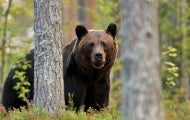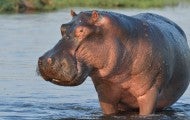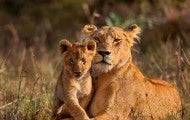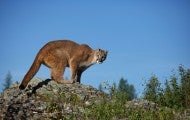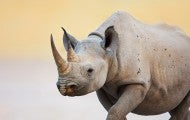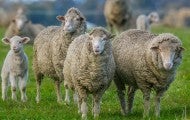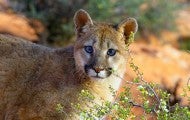Showing 20 of 53 results
It's a myth that going outside is a requirement for feline happiness. Playing regularly with a cat and providing their entertaining toys can easily satisfy their stalking instinct, keep them stimulated and provide the exercise they need to stay healthy and happy. It also keeps local wildlife safe...
Across the country, entire communities ban or restrict dogs because of their breed or perceived breed. The HSUS opposes such public policies as inhumane and ineffective. There is no evidence that breed-specific laws reduce dog bites or attacks on people and they divert resources from more effective...
